Recent Events
- 5th India Spectrum Management Conference - 15th-16th Dec, 2025
- IAFI's Space Policy Conference (ISPC-25) - 24th-25th July 2025
- Wi-Fi in 6GHz Unlocking the future of Innovation - 19th June 2025
- 2nd Preparatory Workshop for WRC-27 - 07th April 2025
- 4th India Spectrum Management Conference - 07th-08th Nov, 2024
Upcoming Events
All Sectors of ITU
1. Radiocommunication
The ITU Radiocommunication Sector (ITU-R) of the International Telecommunication Union (ITU) is responsible for radio communications. Its role is to manage the international- radio frequency spectrum and satellite orbit resources and to develop standards for radiocommunication systems with the objective of ensuring the effective use of the spectrum.
ITU-R is required, according to its constitution, to allocate spectrum and register frequency allocation, orbital positions and other parameters of satellites, “in order to avoid harmful interference between radio stations of different countries”. The international spectrum management system is therefore based on regulatory procedures for frequency coordination, notification and registration.
ITU-R plays a vital role in the global management of the radio-frequency spectrum and satellite orbits - limited natural resources which are increasingly in demand from a large and growing number of services such as fixed, mobile, broadcasting, amateur, space research, emergency telecommunications, meteorology, global positioning systems, environmental monitoring and communication services - that ensure safety of life on land, at sea and in the skies.
ITU-R offers the documents, recommendations, questions, study programs, resolutions, opinions, and decisions relating to the radiocommunications including satellites, frequencies, transmission of sound broadcasting, television signals, and more.ReadMore
2. Standardization
The ITU Telecommunication Sector (ITU-T) of the International Telecommunication Union (ITU) is responsible for the coordination of standards for telecommunications and Information Communication Technology such as X.509 for cybersecurity,H.264/MPEG-4 AVC for video compression, between its Member States, Private Sector Members, and Academia Members. The ITU-T mission is to ensure the efficient and timely production of standards covering all fields of telecommunications and Information Communication Technology (ICTs) on a worldwide basis, as well as defining tariff and accounting principles for international telecommunication services.
ITU-T has a permanent secretariat called the Telecommunication Standardization Bureau (TSB), which is based at the ITU headquarters in Geneva, Switzerland. The Constitution and Convention of ITU provides for the amendment of ITRs through a World Conference on International Telecommunications (WCIT). Their activities cover all aspects of telecommunication which are:
• Setting standards that facilitate seamless interworking of equipment and systems on a global basis
• Adopting operational procedures for the vast and growing array of wireless services
• Designing programmes to improve telecommunication infrastructure in the developing world
The Standardization Sector of ITU also organizes AI for Good, the United Nations platform for the sustainable development of Artificial Intelligence. ReadMore.
3. Development
The ITU Development Sector (ITU-D)of the International Telecommunication Union (ITU) is responsible for the works which is to close the digital divide and drive digital transformation to leverage the power of ICTs for economic prosperity, job creation, digital skills development, gender equality, diversity, a sustainable and circular economy, and for saving lives. ITU-D was established by the 1992 Additional Plenipotentiary Conference in Geneva, followed with the World Telecommunication Development Conference (WTDC) and is divided into: 1) Study Groups 2) Telecommunication Development Advisory Group (TDAG)
Its work prioritizes those most in need- from people living in the world’s Least Developed Countries to marginalized communities everywhere. Its role is to foster an enabling environment for ICT development and foster the development of telecommunication and ICT networks
To build human and institutional capacity, provide data and statistics, promote digital inclusion and provide concentrated assistance to countries in special need. The work of the Telecommunication Development Sector is supported by its Secretariat, the Telecommunication Development Bureau (BDT). The Telecommunication Development Bureau is responsible for the organization and coordination of the work of the Telecommunication Development Sector of the Union. ReadMore
Asia Pacific Telecommunity
The Asia Pacific Telecommunity (APT) is an intergovernmental organization established, with the aim of promoting ICT development in the Asia-Pacific region. As the only intergovernmental organization focusing on ICT field in the Asia-Pacific region, APT provides important platforms for ICT policy and regulatory coordination, and for consolidating regional voices for international fora such as Conferences of International Telecommunication Union (ITU). APT also organizes variety of capacity building programs related to ICT topics, and implements several pilot projects to promote ICT development in the region.
The objective of the Telecommunity is:
1) It shall be to foster the development of telecommunication services and information infrastructure throughout the region with a particular focus on the expansion thereof in less developed areas.
2) Facilitate coordination within the region with regard to major issues pertaining to telecommunication services and information infrastructure with a view to strengthening the region’s international position.
3) Undertake studies relating to developments in telecommunication and information infrastructure technology and policy and regulation in coordination with other international organizations. ReadMore
.png)
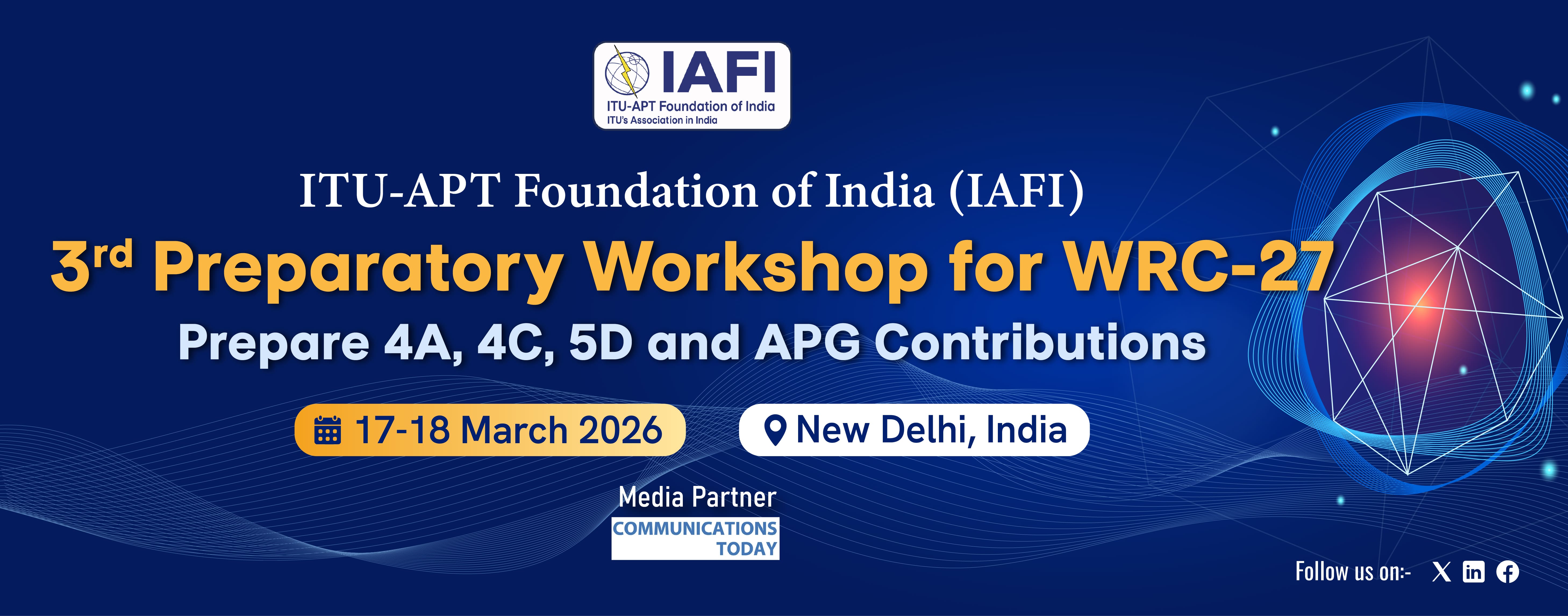

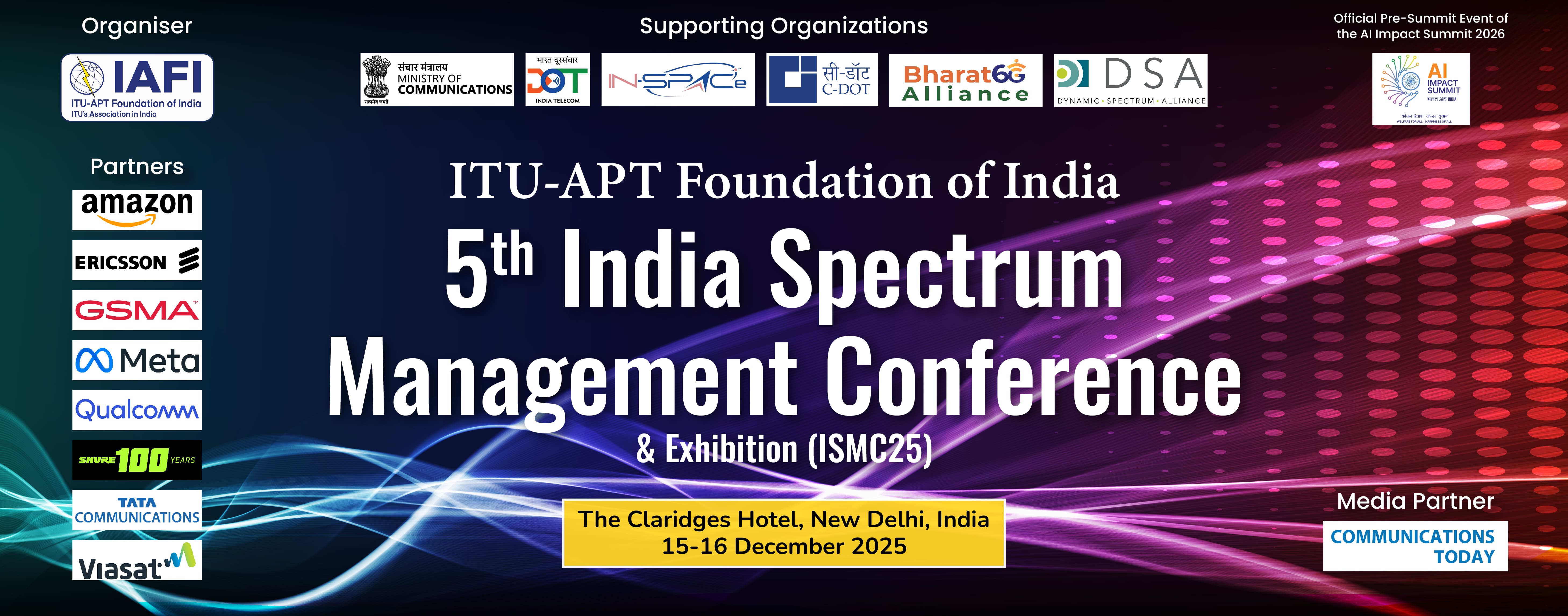
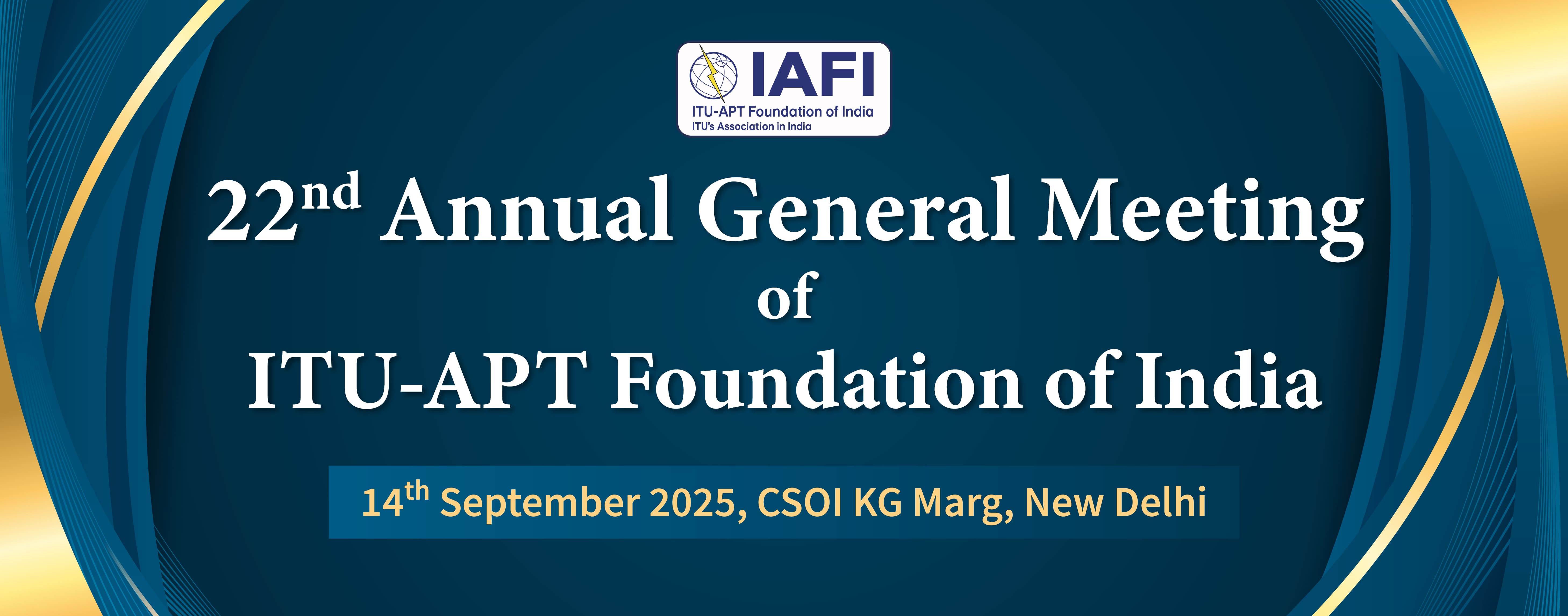
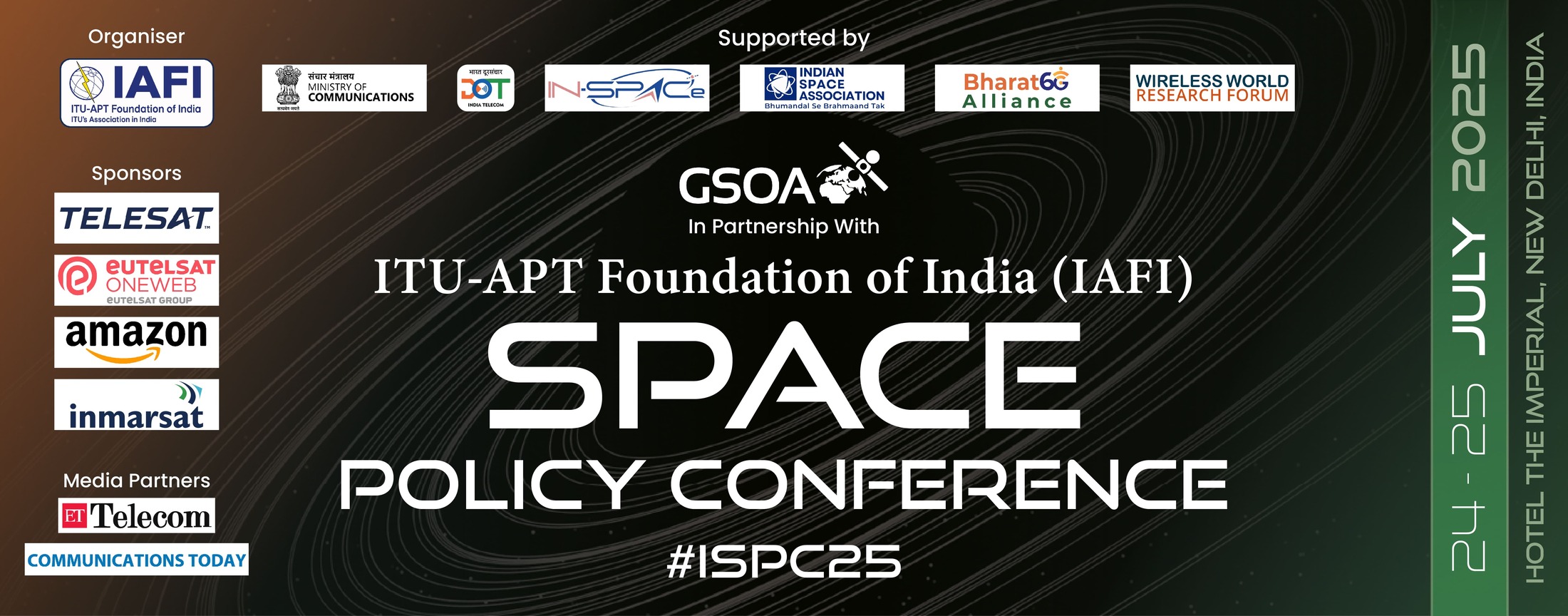
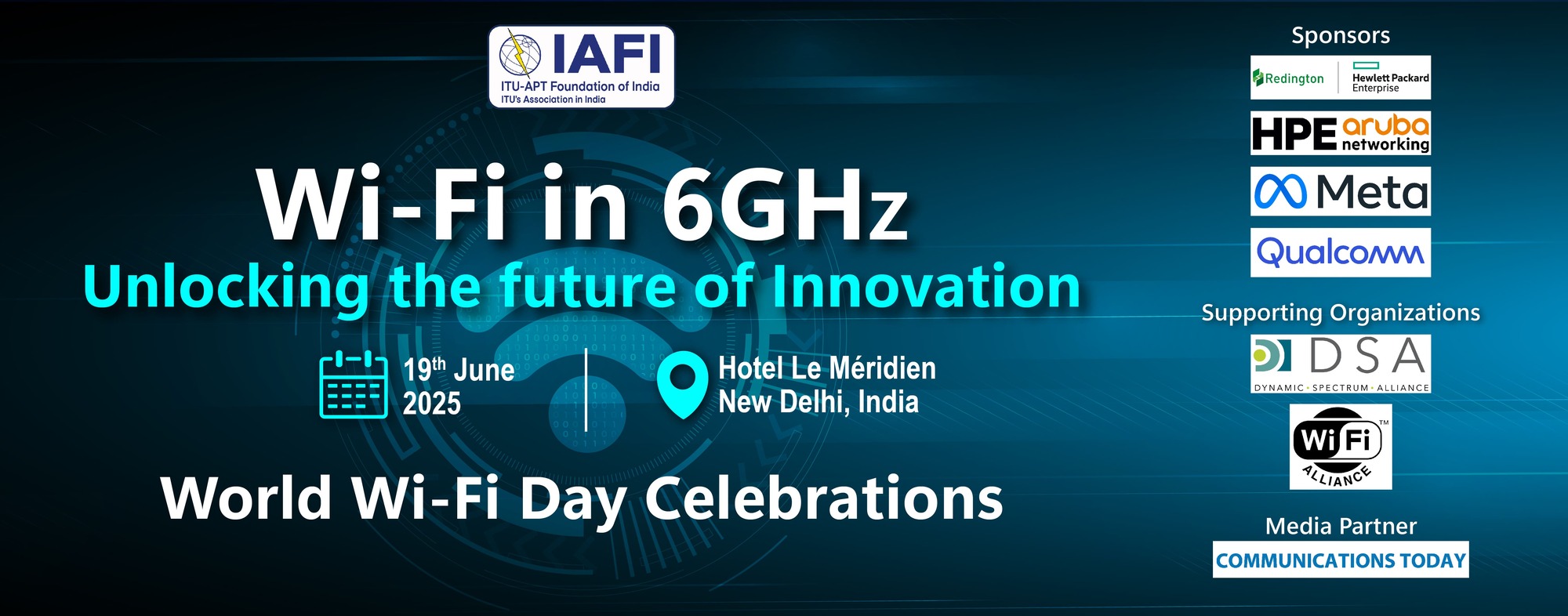
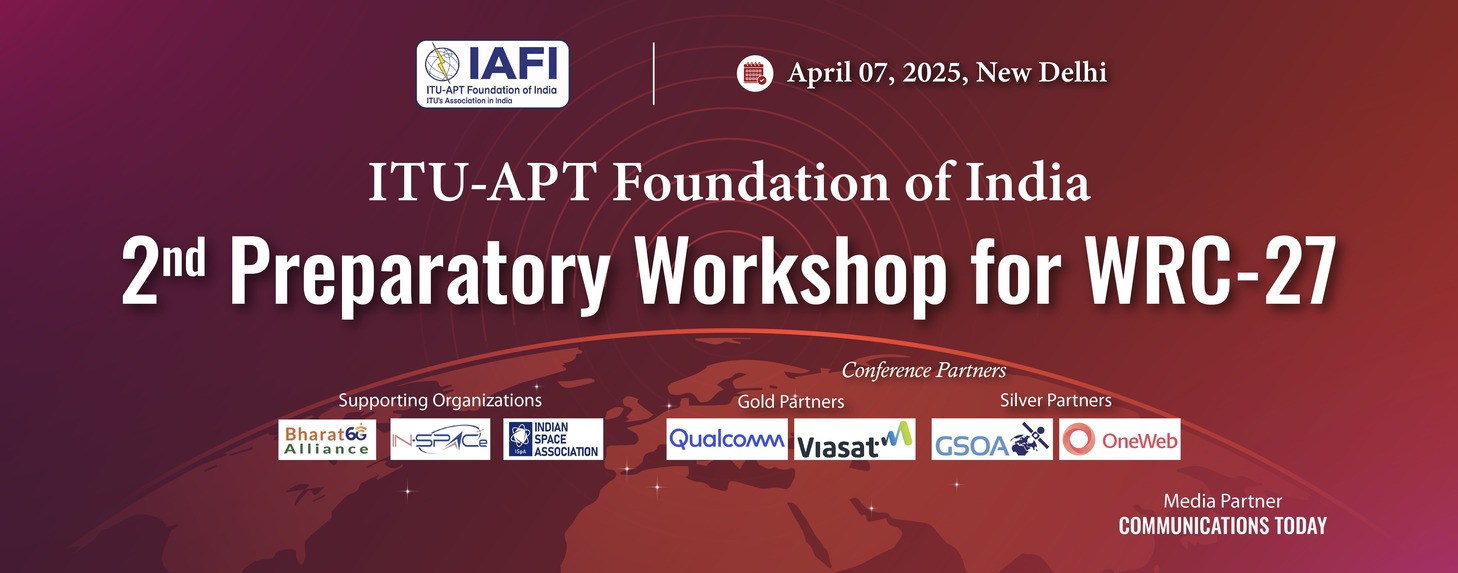

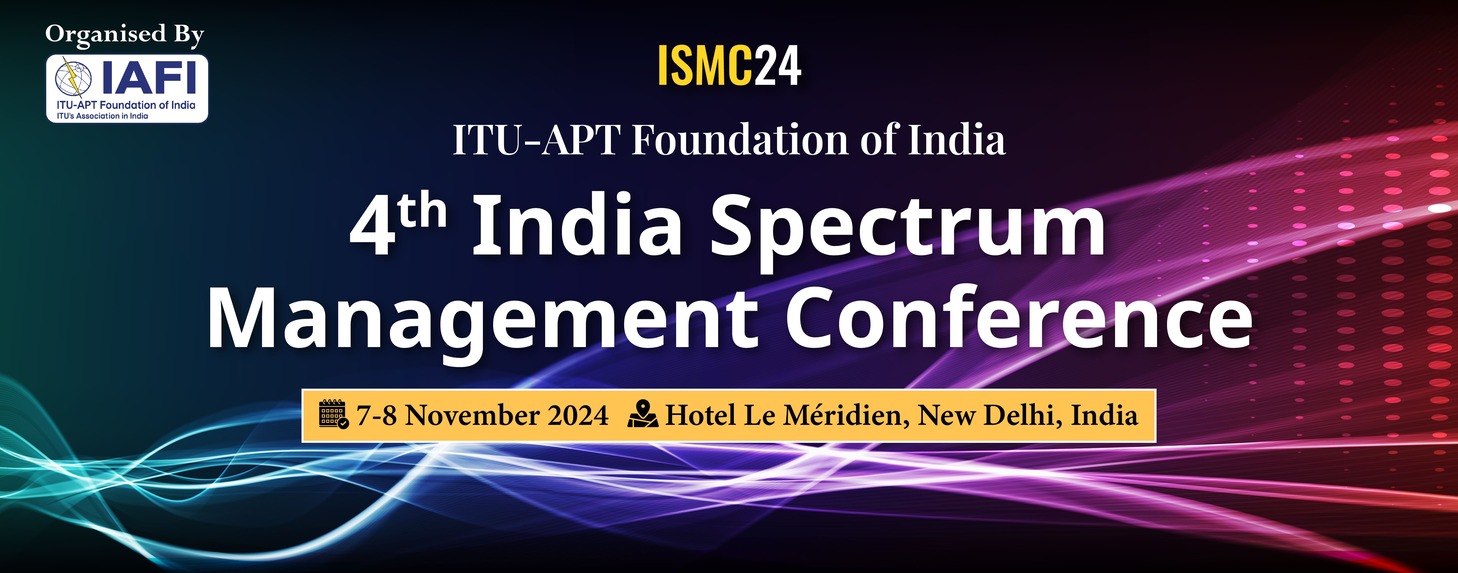



.png)
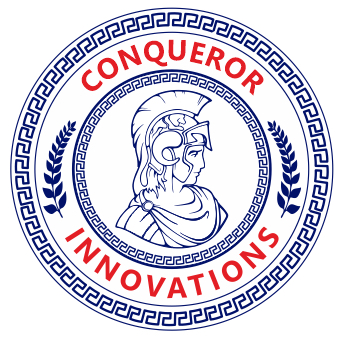
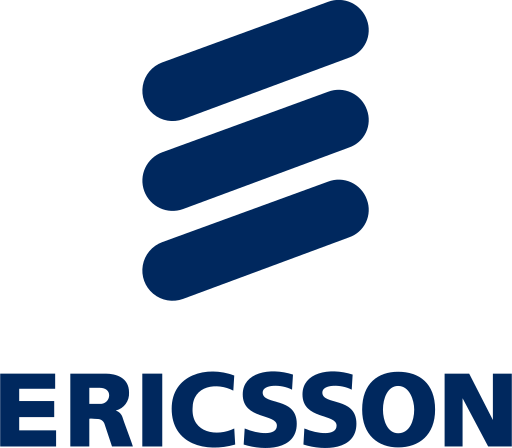

 (1) (1).png)
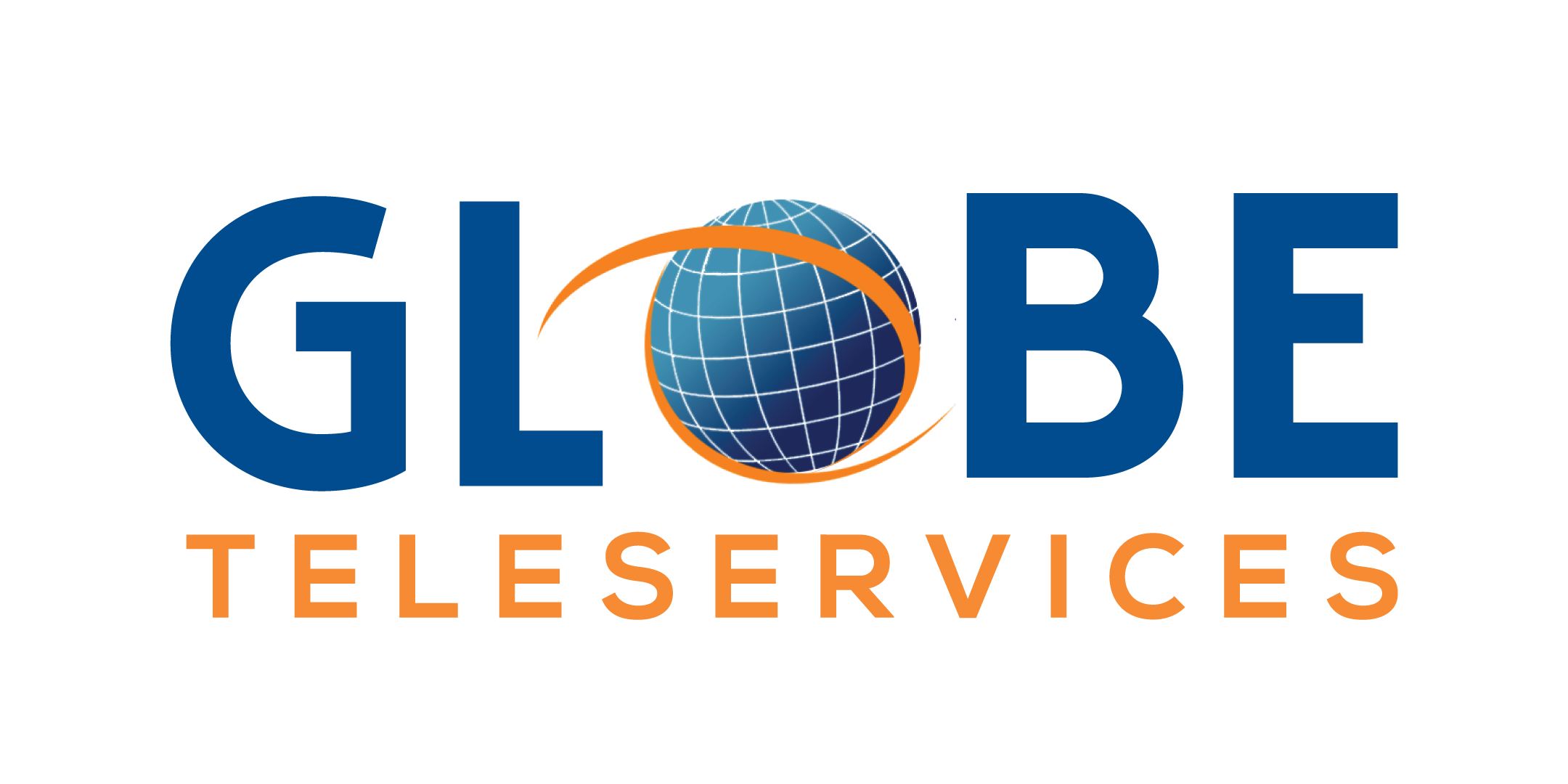
 (1).jpg)
.png)

.png)
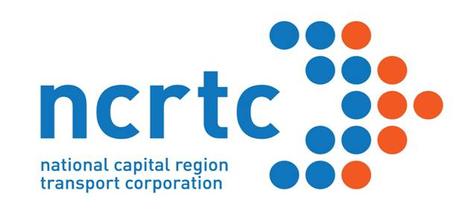

.jpg)

.jfif)
 (1).png)
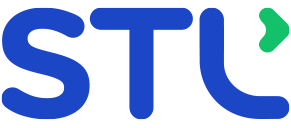

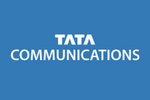


.png)